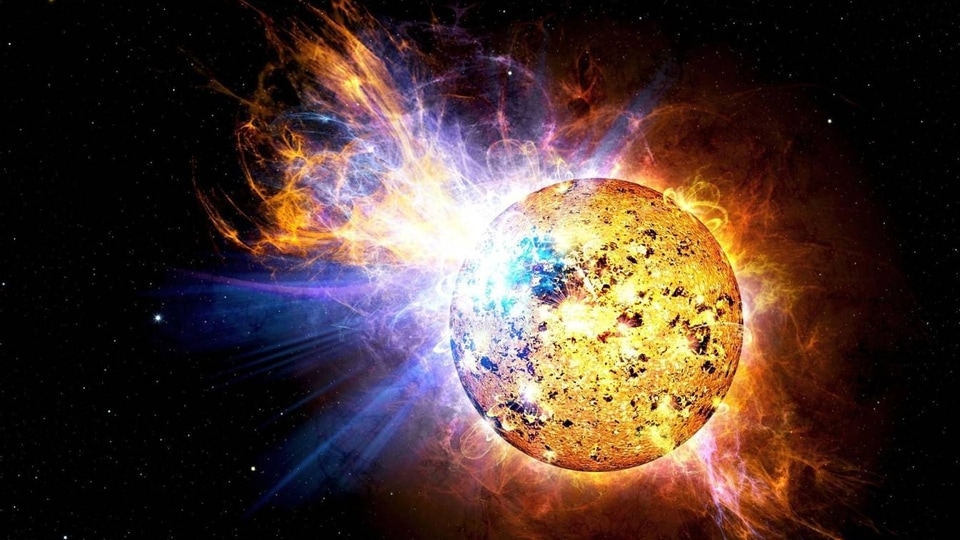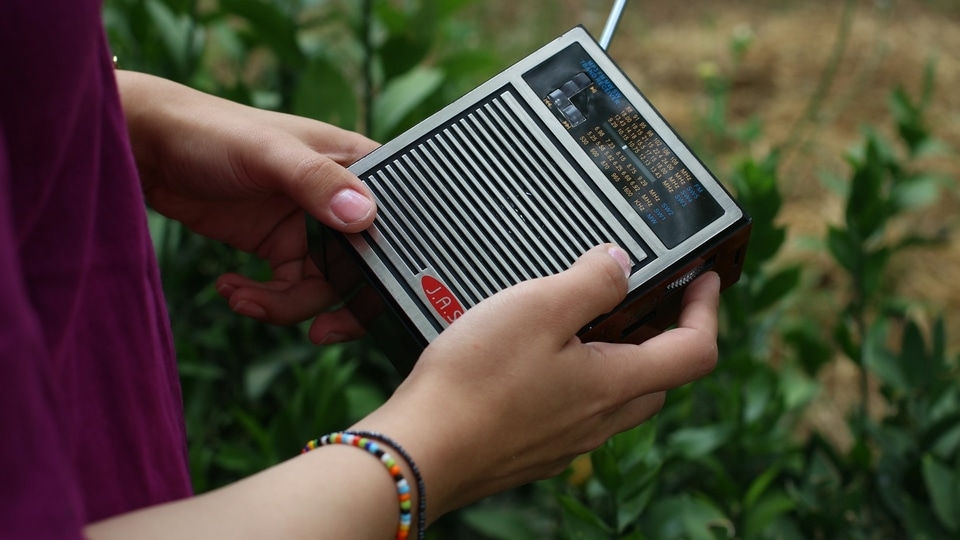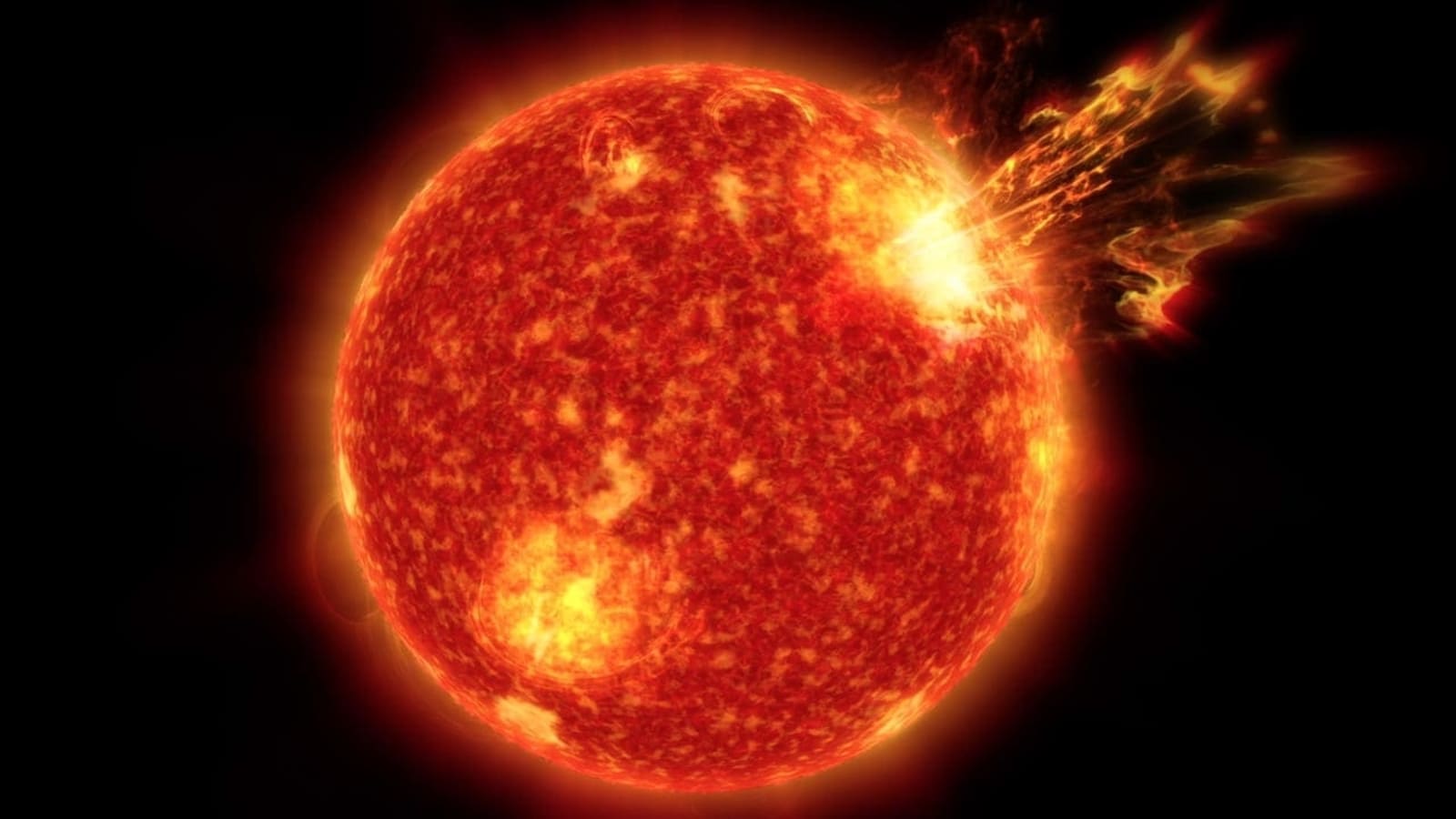Geomagnetic storm alert issued as CME grazes Earth; Know the solar storm danger today
NASA says the CME that was hurled out by the Sun on March 17 impacted Earth today, and it is expected to spark a geomagnetic storm. Check the details of this potential solar storm danger.






 View all Images
View all ImagesWith Earth going through the Vernal Equinox, solar activity is impacting the planet with increasing frequency. As we approach the solar maximum, it is only expected to increase further. Just a few days ago, the Sun spewed out a Coronal Mass Ejection (CME) towards Earth. It was a huge eruption and was designated as the ‘Canyon of Fire' by NASA. This CME was hurled towards Earth and a potential solar storm danger arose. Now, forecasters have revealed that the CME has indeed impacted Earth and a geomagnetic storm alert has been issued.
Also Read: CME set to spark Geomagnetic storm soon, reveals NASA
Geomagnetic storm alert
According to a SpaceWeather report, NASA's Solar Dynamics Observatory captured the expulsion of the CME on March 17. It then set a course for Earth and grazed the planet's magnetic field during today's early hours. NASA says while it did not immediately spark a geomagnetic storm, it could still take place later in the day as Earth passes through the CME. Thus, a geomagnetic storm alert has been issued as the solar storm danger is still looming.
The report states, “Arriving hours later than expected, a CME struck Earth's magnetic field on March 21st (0230). The weak impact did not immediately spark a geomagnetic storm, although such a storm is possible later today as Earth passes deeper into the CME's magnetized wake. This is the CME hurled into space by a dramatic filament eruption earlier this week.”
Also Read: Devil Comet to coincide with total solar eclipse on April 8
This geomagnetic storm alert has been issued at a time when Earth is facing a period called Vernal Equinox. During this period, the Russell-McPherron effect comes into play where even the weakest solar winds can seep through the Earth's magnetic field and spark a solar storm. This is due to a semiannual variation in the effective southward component of the interplanetary field.
One more thing! We are now on WhatsApp Channels! Follow us there so you never miss any updates from the world of technology. To follow the HT Tech channel on WhatsApp, click here to join now!
Catch all the Latest Tech News, Mobile News, Laptop News, Gaming news, Wearables News , How To News, also keep up with us on Whatsapp channel,Twitter, Facebook, Google News, and Instagram. For our latest videos, subscribe to our YouTube channel.
































